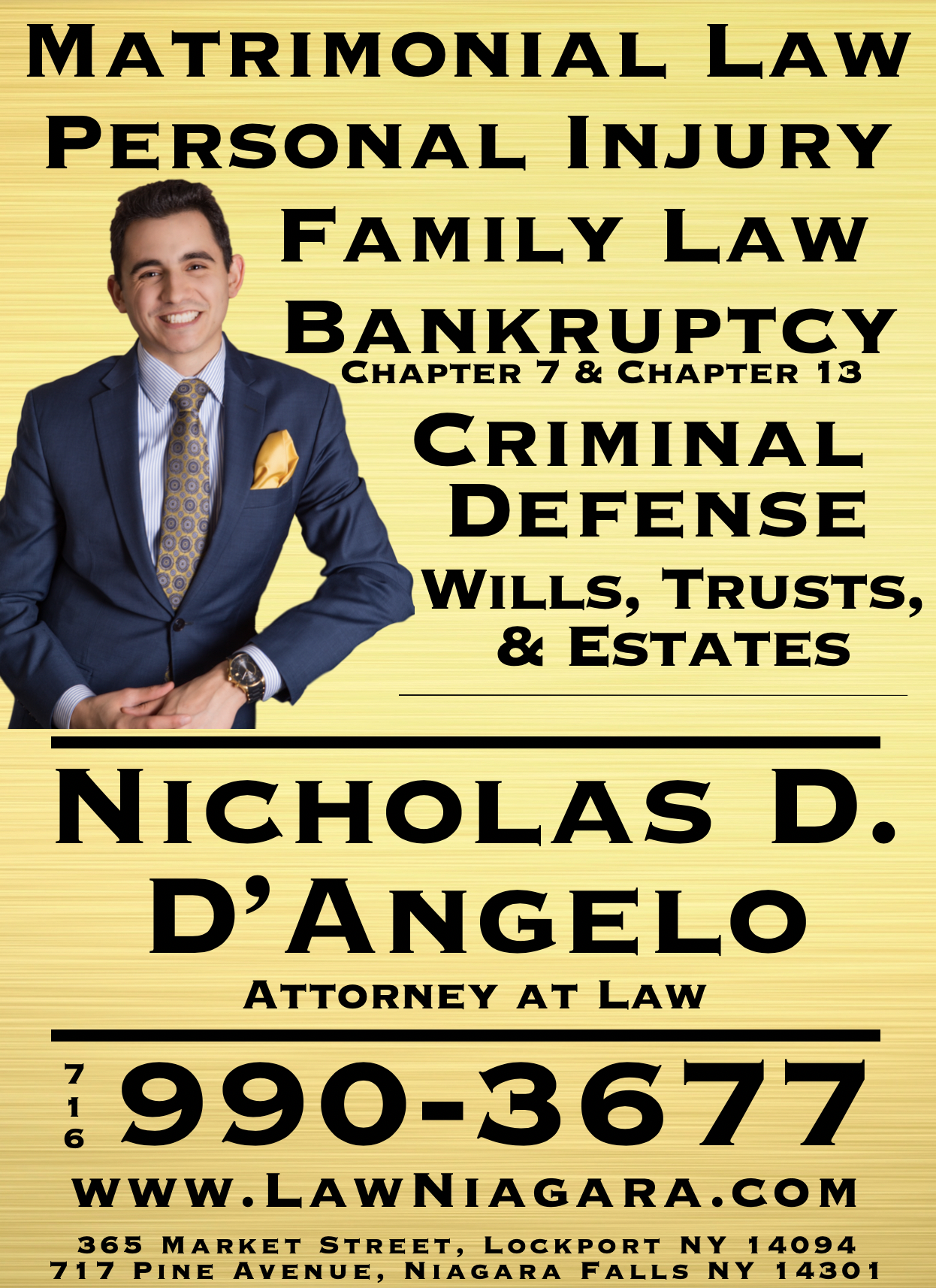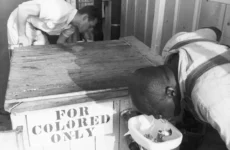Please click the link below to subscribe to a FREE PDF version of each print edition of the Niagara Reporter
http://eepurl.com/dnsYM9

Niagara Falls City Councilman Ezra Scott
By: Ken Hamilton
When Ezra Scott decided to run for city councilman he just wasn’t ready, having been told so by harshest critic and lifelong friend – me. But the truth of the matter is that neither were or are most people who jump into government. Most never vigilantly attend city council meetings until they are in the process of hoping to win a seat at the dais.
Nonetheless, Scott would go on to win and to say and do some hare-brained things, such as bringing STEM-training to the city’s schools – which had already long had it, get caught in some rather compromising situations behind the wheel of his automobiles, and other such situations. Nonetheless, the college-educated man with a myriad of experiences began to blossom into more than a decent city council person who was wholly in tune with the base needs of the entire community, likely more so than any of his other council colleagues. One of his less than hair-brained ideas was in challenging colleague Bill Kennedy’s resolution to have the city’s Civil Service commission rewrite the rules to allow the importation of outside police officers jump right into being city policemen – not a really bad idea on its face.
Despite his flaws, during his trek on the political road to Damascus, Scott seemingly had an Apostle Paul-like fall from his stallion. During his brief period of blindness, he’s seemingly taken an opened-eye approach to governing those who are most in need in the city and has come to the conclusion that perhaps the 60 credit-hour requirement for our city’s fine police department has yet to yield the expected results of best-practices, crime-reducing, community policing; and it may have actually led to the non-crime crime problem that the city is experiencing.
The irony of the educated 60-credit hour issue is that Scott not only holds an Associate’s Degree in Liberal Arts and Bachelor of Science Degree in Sociology, but with him successfully getting his Masters in Business Administration, he now touches all of the basis of what is needed on the city council during this tense, tumultuous time for the city’s citizens.
Several calls were made in researching why the 60-credit hour requirement was put into place. Somehow, similar to my bus driver story that was printed last week – the one about the driver not picking up waiting fares in order to keep the bus running on time, and how the council chairpersons have come to believe that the public speaking portion of the council meetings is to give the people an opportunity to vent rather than for the council to listen to what the speakers know that might help the council make better decisions – I, too, as do Scott, have come to believe that perhaps the administration has strayed from the end-point of what the 60-credit hours was supposed to do. It was discovered that the point of the 60 credit hours (in any academic course whatsoever) was for the development of a more professional, accredited police department that would be able to more excellently execute community policing in a way that would result in the least amount of officer complaints AND justify the policemen’ higher more commiserate with other professions’ salaries in the near-jobless city.
“How’d that work out,” one may ask?
I don’t know, but the salaries are certainly competitive. Nonetheless, the downtown residents still complain about what they see as a disconcerting increase in crime, despite the 60 credit hours; and if crime-ridden, inner-city citizens have to be judged by a jury of their peers, then a police force of peers ought to be the ones introducing them into the system – and inner-city doesn’t mean black.
Scott’s contention, as is mine, is that the best community policing is likely to be done by community members becoming police officers – itself bringing in many other issues.
But as one interviewee asked, “To what do we compare [60 credit hours of not]?”
That interviewee was right; and it all needs to be compared to something for analysis before the civil service commission changes anything about the importation into the city of already accredited 60-credit hour policemen.
I hope to follow up on this story with not just what the police department needs, but also what the citizens of the city need to do the help resolve the community crime that the police have to solve almost unilaterally.
I maintain that we don’t need more policemen, we need less crime. Let’s not let another 4-years unreadily pass with misassumptions that inner-city means black, or without answers to this very critical question of reducing the crime in our fair city. After all, when seconds count, the police are but minutes away.





















